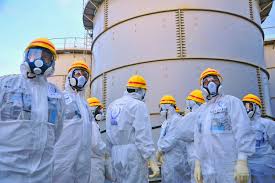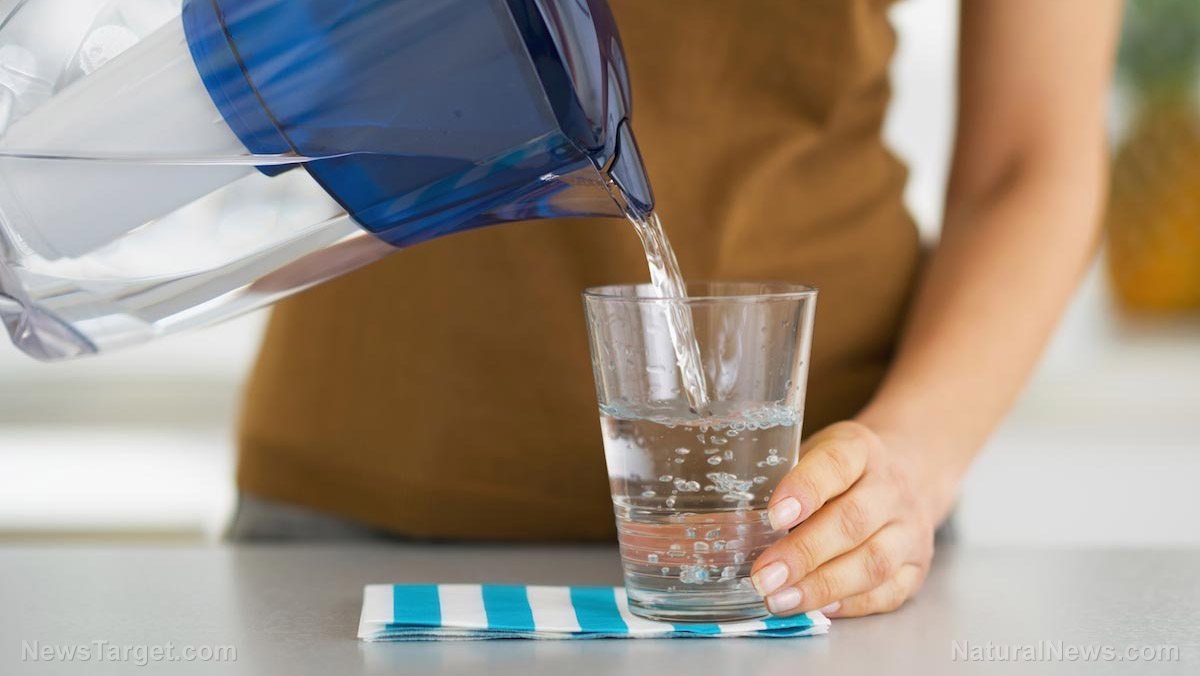Antimicrobial chemicals in soap products found to permanently harm developing babies in utero
09/21/2017 / By Rhonda Johansson

Triclocarban (TCC), the most common antibacterial chemical compound found in various personal care products such as soaps and lotions, can inadvertently be transferred from mother to child, inducing irreversible damage to the developing fetus. TCC was also noted to interfere with the lipid metabolism in the baby, which could potentially lead to growth abnormalities. While TCC was officially banned by the FDA last year due to “[a lack of evidence that] demonstrates that [triclocarban is] safe for long-term daily use,” many personal care manufacturers still use the ingredient. Scientists at the Lawrence Livermore National Laboratory conclude that environmental levels of TCC are a human health risk. Their findings can be read on the latest edition of PLOS ONE.
The antibacterial chemical is, incidentally, one of the top 10 most detected wastewater contaminants both in concentration and frequency. Authors observed that exposure to TCC through contaminated water sources could endanger a developing fetus — particularly in how lipids formed and developed.
Lipids are molecules which include fat-soluble vitamins and waxes. These are essential for storing energy and often act as a signaling device. Disruption of these processes, especially in children, can result in permanent damage. As explained by lead author of the study, biologist Heather Enright, on Science Daily, “early life exposure to TCC has the potential to cause irreversible outcomes due to the fragile nature of organ systems and protective mechanisms in developing offspring.”
To reach this conclusion, the researchers observed mice during gestation and lactation to determine if TCC could be transferred from mother to child. Using accelerator mass spectrometry (AMS), the team saw that TCC could reach children via lactation and trans-placentally. TCC compounds were found in minute traces in the brain, heart, and fat tissues of the offspring. Moreover, baby mice exposed to the chemical were heavier than unexposed offspring. TCC mice demonstrated an 11 and 8.5 percent increase in body weight for females and males respectively.
A quantitative real-time polymerase chain reaction (qPCR) was used to quantify gene expression in the liver and adipose tissue in exposed mice. Data from these measurements confirmed a significant change in lipid metabolism, which was consistent with the observed weight gain and increased levels of hepatic triglycerides.
“Clean” antibacterial soaps do more harm than good
This new research adds to the pool of evidence which shows the many harmful effects of antibacterial soaps. A study in 2007 conducted by the University of California – Davis, found that bath soaps which contained either triclosan or triclocarban could disrupt hormone production. The team labeled these chemical compounds as endocrine disrupting substances and warned the public that regularly washing one’s hands with products that contained these toxins lead to an increased risk of cancer, reproductive failure and other developmental anomalies. (Related: Antibacterial soaps found USELESS at killing germs and cause harmful mutations (while posing a health risk to pregnant women and babies.)
Additionally, countless other independent studies show that regular soap and water is just as effective (perhaps even more) than antibacterial soaps. For more than three decades, health and wellness experts have talked about the dangers of these synthetic products. These have fallen on deaf ears until recently when the FDA was compelled to admit the ineffectiveness of triclosan and triclocarban.
Sandra Kweder, Deputy Director of the FDA’s drug center admitted, “we don’t have any evidence that [antibacterial soaps protect families better from illness] over simple soap and water.”
Sources include:
Tagged Under: antibacterial soap, contaminated water, dangerous chemicals, environment, hygiene, pregnancy, pregnant women, toxins, Triclocarban, triclosan, women's health




















